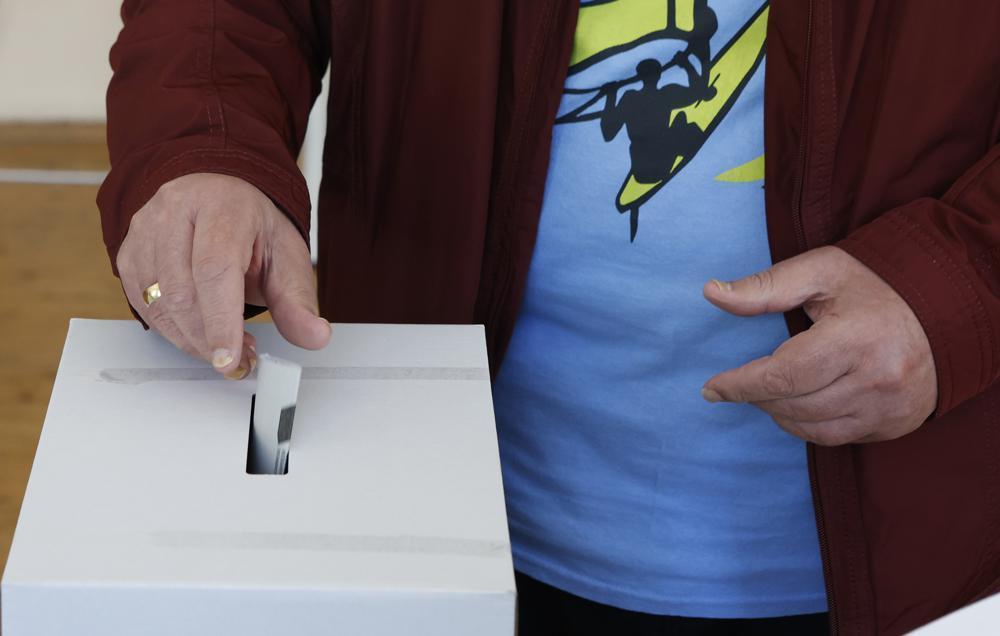
Voter apathy dominated Bulgaria’s early election on Sunday, raising the prospect of yet another fractured parliament that will struggle to form a viable governing coalition.
The European Union nation’s fourth election in 18 months was marked by a raging war nearby, political instability and economic hardships in the bloc’s poorest member.
Some 6.6 million people were eligible to cast ballots for 240 lawmakers in the parliament. Voter turnout was nearly 30% by 5 p.m., less than in previous elections. Analysts attributed that to voter fatigue and disillusionment with politicians unable to cobble together a viable government coalition.
Surveys before the vote suggest that up to eight parties could muster the 4% threshold to enter a fragmented parliament where populist and pro-Russia groups could increase their representation.
This early election comes after a fragile coalition led by pro-Western Prime Minister Kiril Petkov lost a no-confidence vote in June. He claimed afterward that Moscow had used “hybrid war” tactics to bring his government down after it refused to pay gas bills in rubles and ordered an expulsion of Russian diplomats from Bulgaria.
A low turnout favors three-time former Prime Minister Boyko Borissov’s GERB party, which is likeliest to finish first because it can still count on a loyal base.
After casting his vote on Sunday, Borissov told reporters that Bulgaria needs to clearly position itself on Russia’s ongoing war in Ukraine.
“With this, aggression, with this war with a clear aggressor in the face of (Russian President Vladimir) Putin - (I have) nothing against the Russian people , with this farce with the referendums, Bulgaria must be very clear, categorical, and precise about its place in the European Union and NATO,” he said, adding that Bulgaria’s entry into Europe’s 19-nation shared currency eurozone should be its first, most important task.
Still, the predicted percentage won’t be enough for Borissov’s party to form a one-party government, and the chances for a GERB-led coalition are slim as it is blamed for presiding over years of corruption by most opponents.
Petkov rejected recent polls as questionable and voiced confidence that the vote will yield positive results for his party.
“Today’s election is very important. The choice is between going back to the years of transition or to break with this period once and for all and heading to a new prosperous and reformed Bulgaria,” he said after casting his ballot.
Petkov ran on promises to cobble together a coalition and continue with his efforts to eradicate corruption but painful reforms may be hard to swallow amid a European energy crisis sparked by Russia’s war on Ukraine.
Many Bulgarians share pro-Russia sentiments, which provides fertile soil for aggressive Kremlin propaganda in the Balkan country.
The pro-Russia party Vazrazhdane, riding on those feelings, is attracting many voters. The latest opinion polls predict it will capture 12.8% of the vote, up from 4.9% in the previous election.
“After these elections Bulgaria will have two options for the future, it will either radically change its path of development and will have a chance for survival, or ‘God save Bulgaria,”’ party leader Kostadin Kostadinov said Sunday.
Unlike the stance taken by the EU, Kostadinov has urged “full neutrality” for Bulgaria in the war in Ukraine.
First exit poll results will be announced after polls close at 8 p.m. and preliminary results are expected on Monday.